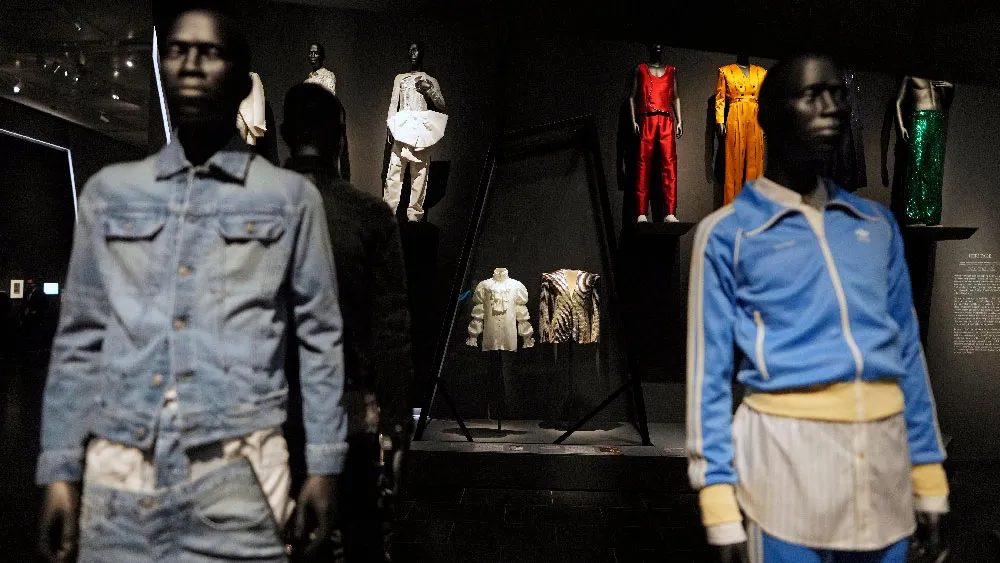May 19, 2008
Myanmar health system strained by cyclone
Michael Wood READ TIME: 3 MIN.
TWANTE, Myanmar - Saw Htin's cheeks were wet with tears after waiting in line with hundreds of sick, desperate cyclone survivors. The 18-year-old mother clutched her wheezing baby boy.
"He coughed and cried all night," she explained hysterically to a volunteer doctor. "Is he going to die?"
Myanmar's ragged health system has been stretched to the limit after the cyclone two weeks ago left up to 2.5 million people homeless, exposed to pounding rains and potential disease.
Until Saturday, the military regime had insisted it was capable of handling the crisis alone, but Thai and Indian doctors have now been given permission to help.
For some, like Saw Htin's little one, it may not matter. The local doctor said it didn't look good, most likely pneumonia brought on from living in what's left of their leaky thatch hut ripped apart by the cyclone.
The young mother said she was forced to choose between food or roofing, and now worries the antibiotics she received have come too late.
"Normally we scold patients if they don't change clothes for children when it's wet, but they don't have a choice," said the doctor, who declined to give her name, fearing government reprisal. "Even if they change, it's wet again."
As word spread that three local female doctors had set up a makeshift clinic at a Buddhist monastery, about 300 people emerged from tattered shacks for treatment over two hours.
They said the cold rains had been relentless and complained of everything from fever to diarrhea on the outskirts of the country's largest city of Yangon, part of the worst-hit areas that have been off-limits to foreign aid workers.
Pointing to a mountain of garbage piled up across the road, the doctor said proper sanitation remains key - especially prior to the monsoon season.
"When it rains, diseases spread much faster," the doctor said, promising to return the next day with more medicine, water and supplies. She told Saw Htin to let her son sleep at the monastery: "Keep him warm. Give him medicine and food and let's hope he gets better."
About 30 Thai doctors, nurses and other medical experts also were expected to travel to the devastated Irrawaddy Delta in the coming days to help treat victims living in camps or remote villages, said Dr. Surachet Satitniramai, director of Thailand's National Medical Emergency Services Institute.
Myanmar health officials insisted on civilian doctors - no military health workers - from Thailand, and said the group would not be given access to hospitals already staffed by local physicians.
"The team's mission is very important," Surachet said. "If we can gain trust from the Myanmar government, I think they will open up more to outside aid."
A group of 50 Indian military doctors and paramedics also was given approval to enter Myanmar, but it was unclear Saturday whether they would be allowed to travel from Yangon to the delta.
Myanmar's paranoid military junta has been slow to accept outside aid, granting very few visas to relief workers desperate to help. No foreign experts from the World Health Organization have been given approval to enter the country. And because only local staff have been allowed into the worst areas, data collection has been slow.
"We have a challenge ahead of us," said Eric Laroche, WHO's top crisis expert in Geneva. "WHO is trying to detect as soon as possible any epidemics."
Nearly 78,000 people were killed and another 55,000 remain missing following the storm, according to Myanmar's state-run media. Aid groups have estimated that the toll of dead and missing is probably closer to 128,000.
Many children are suffering from diarrhea, and some foreign aid agencies have reported a few cholera cases, but no major outbreaks have been reported.
The relief group Save the Children UK warned that thousands of children could die of starvation within two or three weeks unless more aid gets into the country quickly.
"With hundreds of thousands of people still not receiving aid many of these children will not survive much longer," the charity said in a statement. "Children may already be dying as a result of a lack of food."
Access to regular supplies of safe drinking water and proper sanitation is essential for preventing waterborne diseases like cholera, which spreads rapidly through water contaminated with feces. Malaria and dengue fever outbreaks also will be a major concern in the coming weeks after mosquitoes have time to breed in the stagnant water that flooded the low-lying delta region.
In 2000, the WHO ranked Myanmar's health system as the world's worst, second only to Sierra Leone. Millions go hungry during the best of times, and an estimated one in three children is malnourished. Thousands die every year from diseases like AIDS, tuberculosis, dysentery and malaria.
____
Associated Press medical writer Margie Mason contributed to this report from Bangkok, Thailand.
Michael Wood is a contributor and Editorial Assistant for EDGE Publications.







